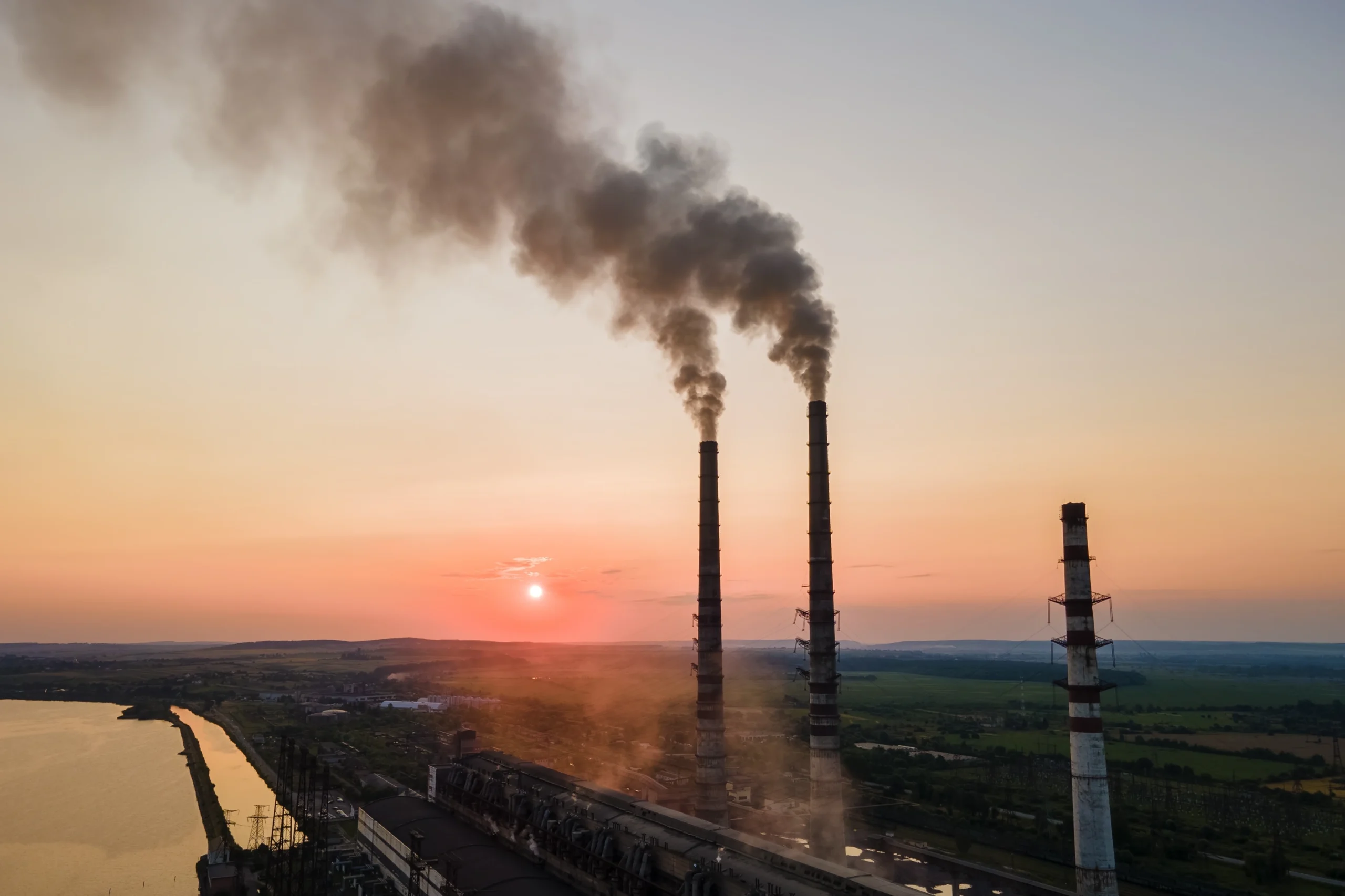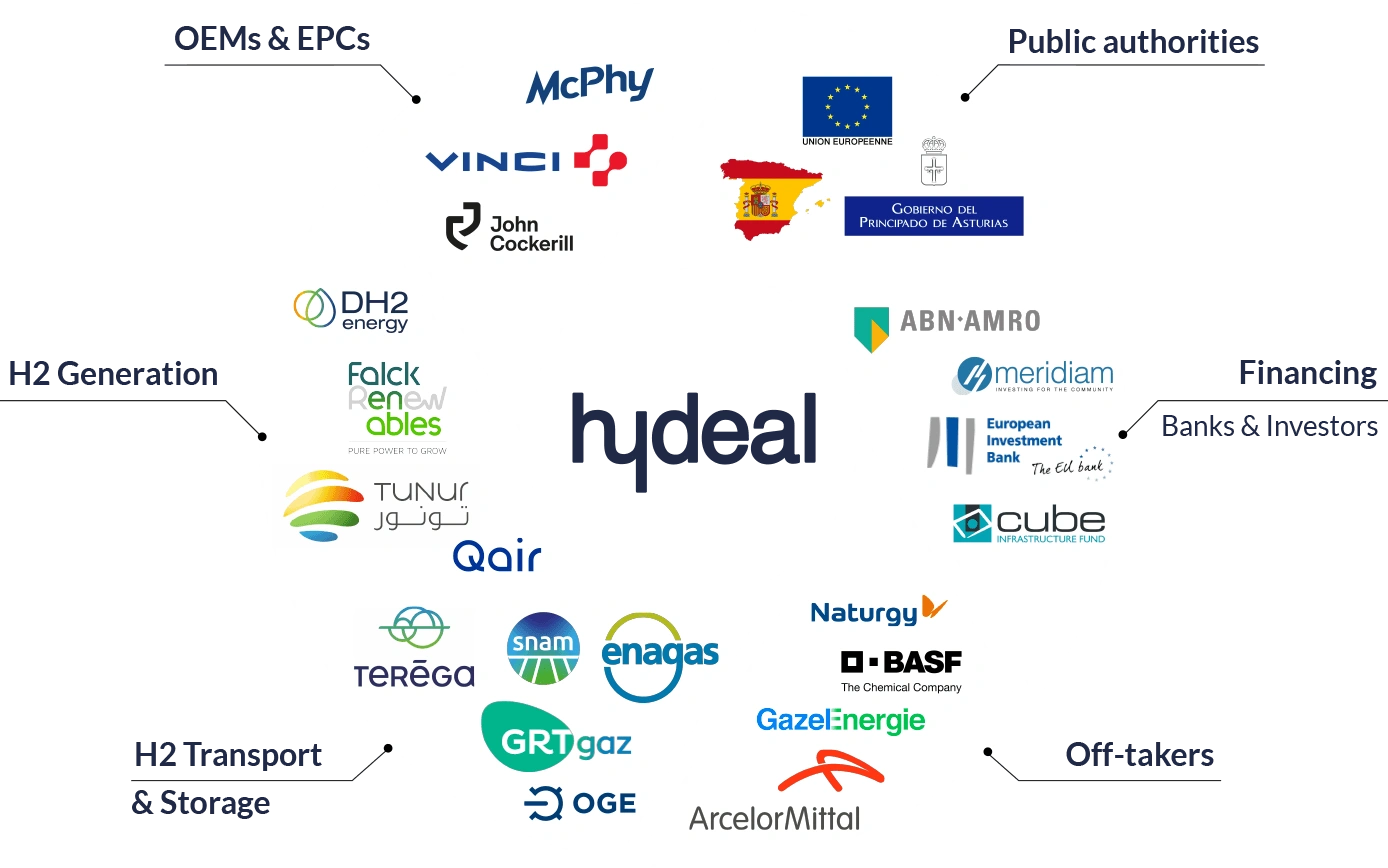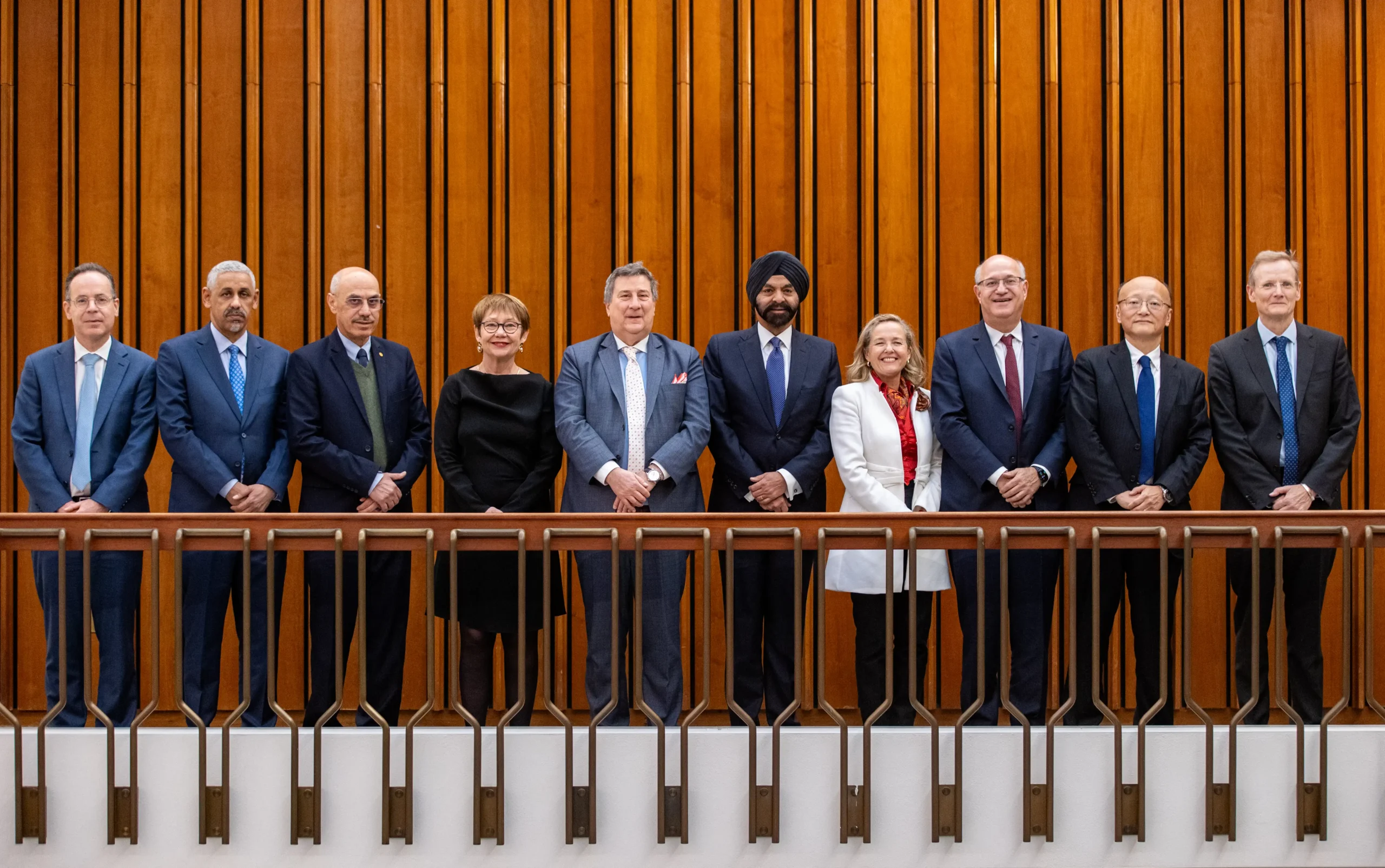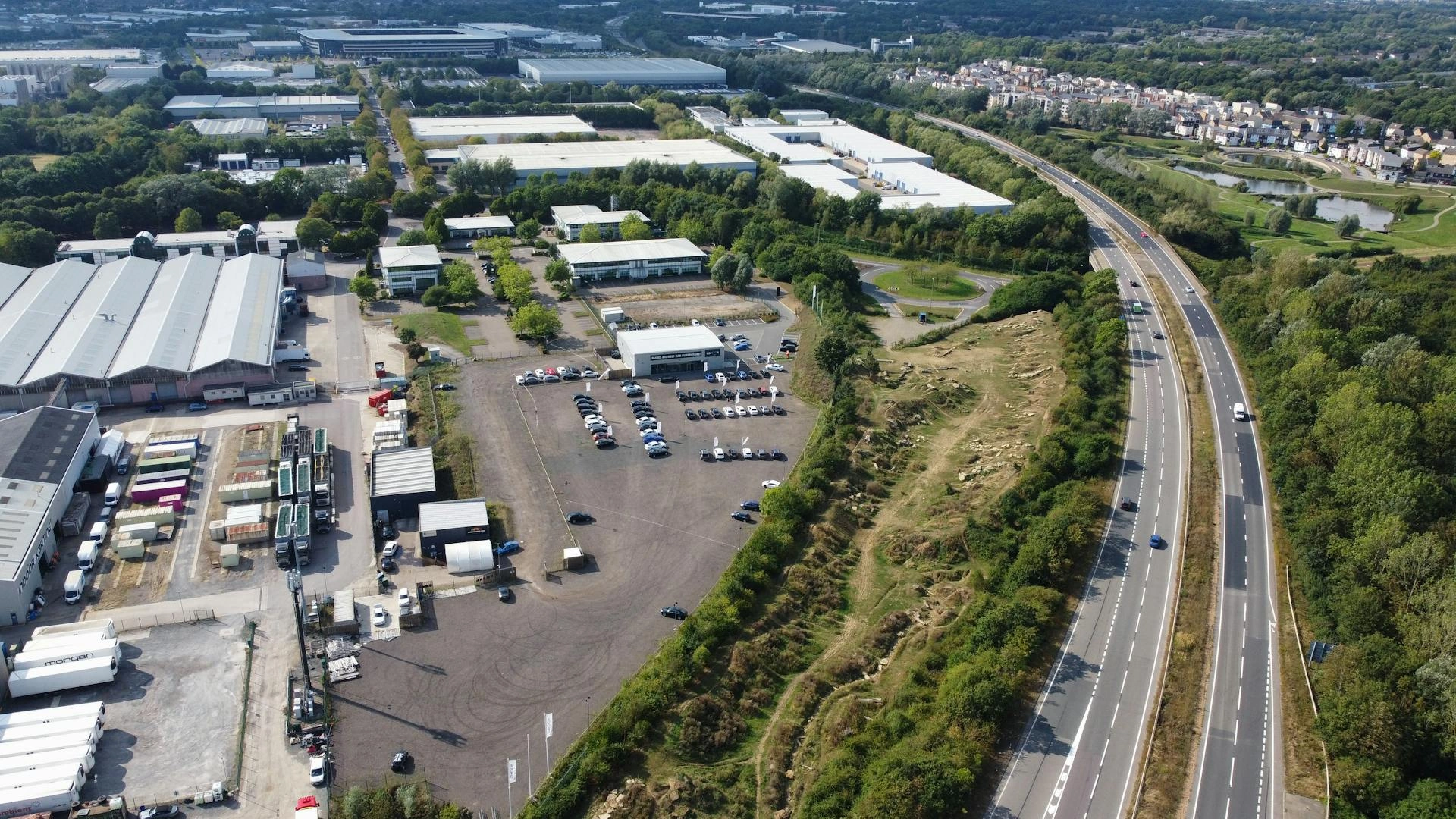IEA: world needs to embrace hydrogen

John E. Kaye
- Published
- Sustainability
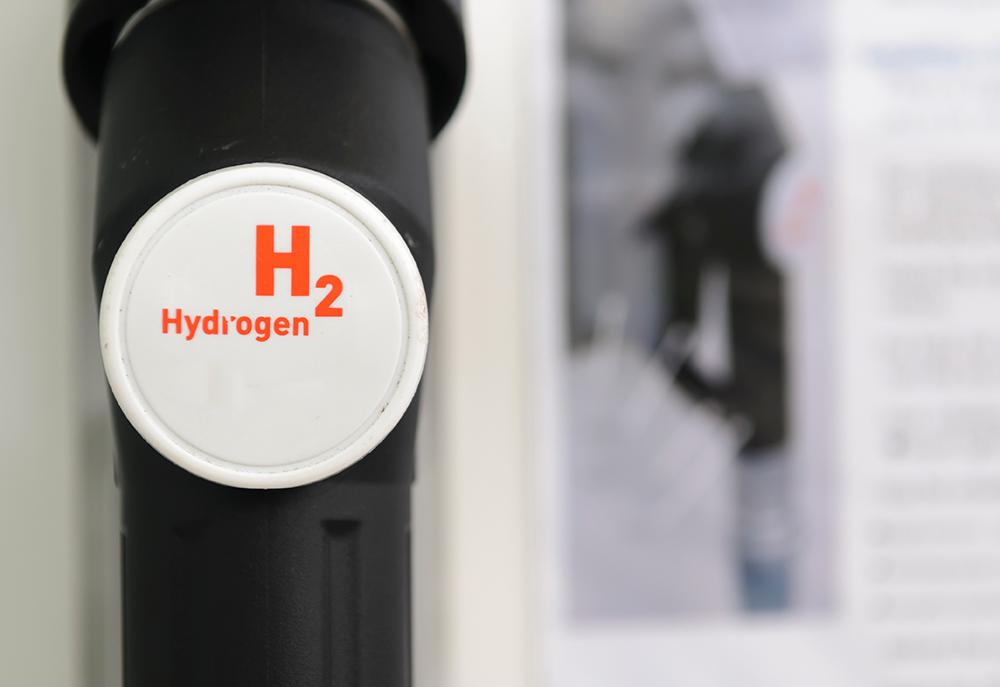
The world should take up the challenge to boost the use of hydrogen as a potentially emissions-free source of energy, the International Energy Agency (IEA) said in its first major report on the fuel.
The cost of producing hydrogen from renewable energy could fall by 30% by 2030 and the fuel could reduce emissions in industries such as transport, chemicals and steel, the agency said, although it warned there were still major challenges. The IEA report was released as Group of 20 (G20) energy and environment ministers gathered in the run up to the group’s summit in Osaka.
Japan is heavily promoting hydrogen and has set a goal to cut the cost of producing carbon dioxide-free hydrogen to less than a tenth of current levels by 2050.
However, many experts say hydrogen is difficult to handle, expensive and involves too much energy or heat loss. The technology for hydrogen fuel cells has been described by Tesla chief Elon Musk as “incredibly dumb”.
Hydrogen is enjoying its latest wave of interest since the 1970s, driven by governments, the renewable energy industry, utilities, automakers, oil and gas companies, and big cities, Fatih Birol, IEA Executive Director said in the report. However, most hydrogen now comes from fossil fuels and its production is responsible for annual carbon emissions equivalent to the United Kingdom and Indonesia combined, the report said. Producing hydrogen from low-carbon energy is still costly and its adoption is also being held back by the slow development of infrastructure and some regulatory hurdles.
Mr Birol said the time was right to scale up technologies and bring down costs to allow hydrogen, now used mostly in oil refining and for fertiliser production, to be taken up more widely: “The world should not miss this unique chance to make hydrogen an important part of our clean and secure energy future.”
Hydrogen had the potential to tackle critical energy challenges, such as storing the output from wind and solar, and decarbonising sectors such as long-haul transport, chemicals and steel, “where it is proving difficult to meaningfully reduce emissions,” the IEA said.
The agency outlined several recommendations to produce hydrogen from renewable energy sources and spread its use across economies. It called for coordinated policies amongst governments to make industrial ports the nerve centres for wider use of hydrogen, build on existing gas infrastructure and support the use of hydrogen to power cars, trucks and buses.
Further information
RECENT ARTICLES
-
 Strong ESG records help firms take R&D global, study finds
Strong ESG records help firms take R&D global, study finds -
 How residence and citizenship programmes strengthen national resilience
How residence and citizenship programmes strengthen national resilience -
 Global leaders enter 2026 facing a defining climate choice
Global leaders enter 2026 facing a defining climate choice -
 EU sustainability rules drive digital compliance push in Uzbekistan ahead of export change
EU sustainability rules drive digital compliance push in Uzbekistan ahead of export change -
 China’s BYD overtakes Tesla as world’s largest electric car seller
China’s BYD overtakes Tesla as world’s largest electric car seller -
 UK education group signs agreement to operate UN training centre network hub
UK education group signs agreement to operate UN training centre network hub -
 Mycelium breakthrough shows there’s mush-room to grow in greener manufacturing
Mycelium breakthrough shows there’s mush-room to grow in greener manufacturing -
 Oxford to host new annual youth climate summit on UN World Environment Day
Oxford to host new annual youth climate summit on UN World Environment Day -
 Exclusive: Global United Nations delegates meet in London as GEDU sets out new cross-network sustainability plan
Exclusive: Global United Nations delegates meet in London as GEDU sets out new cross-network sustainability plan -
 Fast fashion brands ‘greenwash’ shoppers with guilt-easing claims, study warns
Fast fashion brands ‘greenwash’ shoppers with guilt-easing claims, study warns -
 Private sector set to overtake government as main driver of corporate sustainability in 2026, report suggests
Private sector set to overtake government as main driver of corporate sustainability in 2026, report suggests -
 Sir Trevor McDonald honoured at UWI London Benefit Dinner celebrating Caribbean achievement
Sir Trevor McDonald honoured at UWI London Benefit Dinner celebrating Caribbean achievement -
 Historic motorsport confronts its energy future
Historic motorsport confronts its energy future -
 Protecting the world’s wild places: Dr Catherine Barnard on how local partnerships drive global conservation
Protecting the world’s wild places: Dr Catherine Barnard on how local partnerships drive global conservation -
 Europe’s HyDeal eyes Africa for low-cost hydrogen link to Europe
Europe’s HyDeal eyes Africa for low-cost hydrogen link to Europe -
 Fabric of change
Fabric of change -
 Courage in an uncertain world: how fashion builds resilience now
Courage in an uncertain world: how fashion builds resilience now -
 UAE breaks ground on world’s first 24-hour renewable power plant
UAE breaks ground on world’s first 24-hour renewable power plant -
 China’s Yancheng sets a global benchmark for conservation and climate action
China’s Yancheng sets a global benchmark for conservation and climate action -
 Inside Iceland’s green biotechnology revolution
Inside Iceland’s green biotechnology revolution -
 Global development banks agree new priorities on finance, water security and private capital ahead of COP30
Global development banks agree new priorities on finance, water security and private capital ahead of COP30 -
 UK organisations show rising net zero ambition despite financial pressures, new survey finds
UK organisations show rising net zero ambition despite financial pressures, new survey finds -
 Gulf ESG efforts fail to link profit with sustainability, study shows
Gulf ESG efforts fail to link profit with sustainability, study shows -
 Redress and UN network call for fashion industry to meet sustainability goals
Redress and UN network call for fashion industry to meet sustainability goals -
 World Coastal Forum leaders warn of accelerating global ecosystem collapse
World Coastal Forum leaders warn of accelerating global ecosystem collapse



